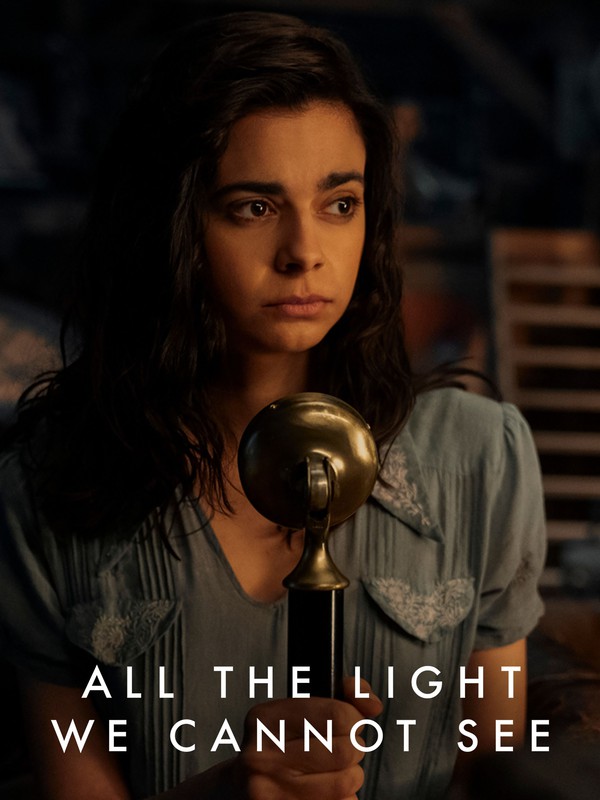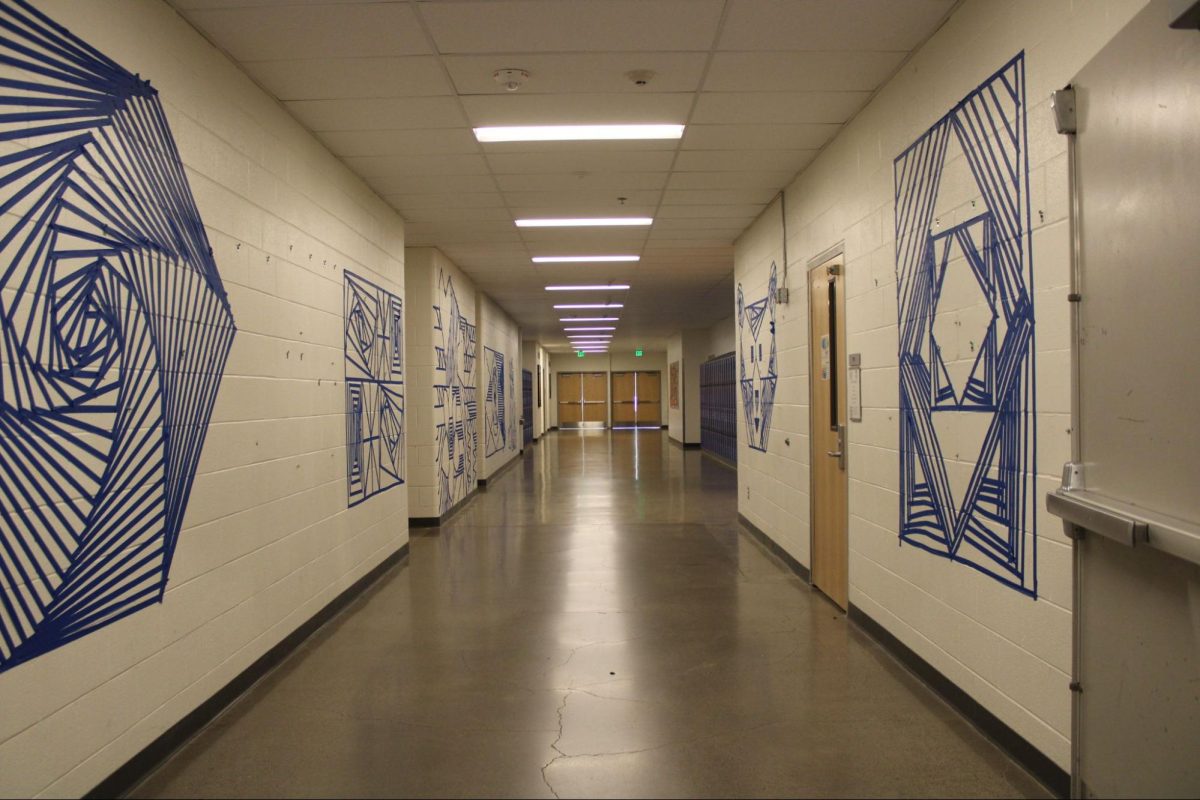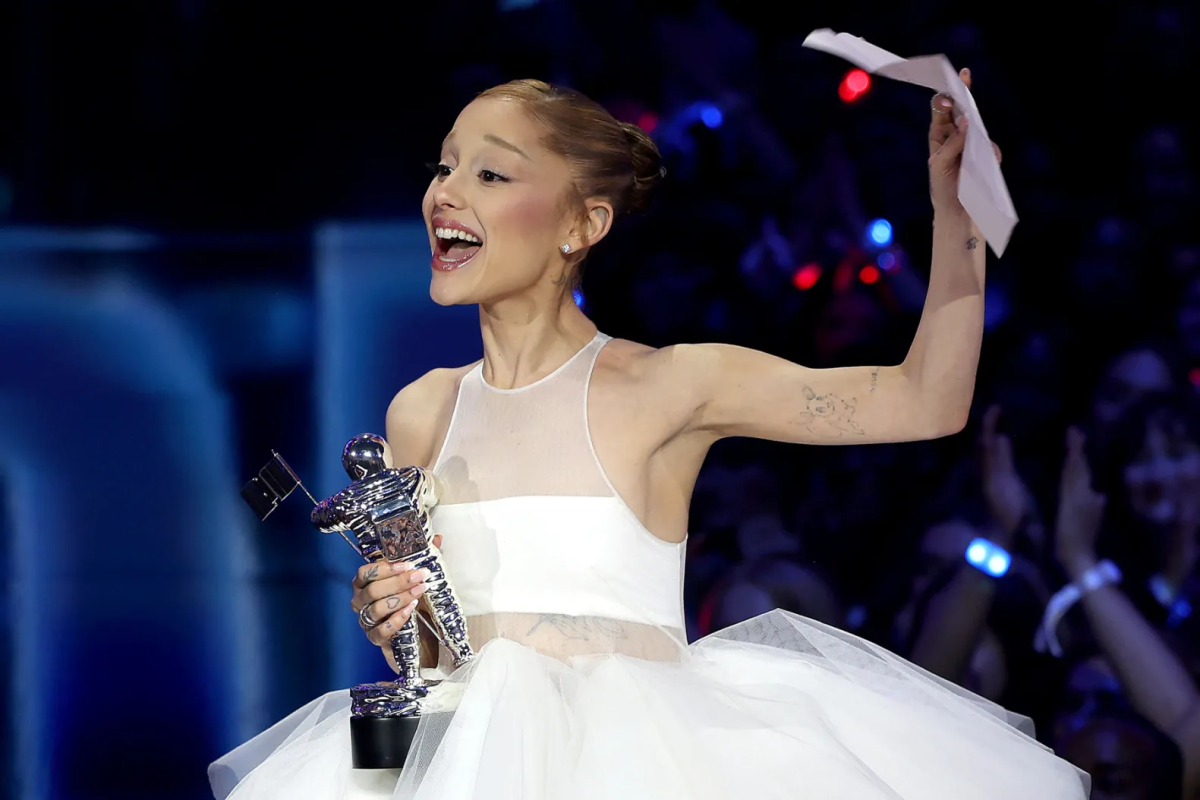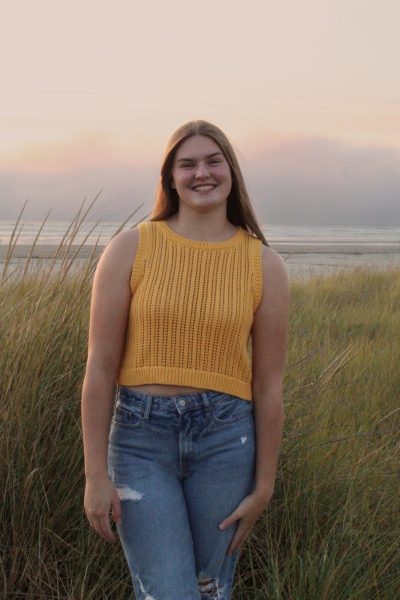Netflix released a limited series titled All the Light We Cannot See on November 2nd, 2023. Based on the 2014 novel of the same name, by Anthony Doerr, the story takes place during World War 2 and follows Marie-Laure LeBlanc, a young blind girl living in Nazi-occupied France, and Werner Pfennig, an orphan boy brought up in Germany and recruited into the National Institute for Nazi military training.
Directed by Sean Leavy, the series did not feature a star-studded cast but focused on depicting characters accurately. Aria Mia Loberti, who plays Marie-Laure, revealed to Vanity Fair that this was both her first audition and first role. Born with a severe and rare case of achromatopsia, Loberti is legally blind. The 29-year-old exclaims she had always loved performing and the way acting made her feel but feared most producers would hire actresses with sight. Upon learning Leavy was searching among a pool of sighted, visually impaired, and legally blind actresses, she simply thought: why not?
Louis Hofmann, who plays Werner Pfennig, is no stranger to the screen. Hofmann first gained attention as the lead role in a German adaptation of Tom Sawyer in 2011. More recently, he had a supporting role in the Danish movie Land of Mine and stars in the Netflix original mystery series Dark.
With four episodes, each spanning around an hour long, the series had roughly four hours to cover a 500-page novel, leaving some viewers content with the inclusions and others feeling they left out crucial elements to the story’s development.
Both the series and book alternate perspectives and timelines, showcasing where Marie-Laure and Werner are from 1934 to 1945. The one connection between the two seemingly opposite individuals is their love for the radio. For Marie-Laure, the radio is how she receives most of her information about the world, along with what her father Daniel LeBlanc (Mark Ruffalo) tells her. Werner is obsessed with making radios and being able to intercept signals from any country he wishes and is eventually recruited by the Nazi’s to trace illicit radio broadcasts.
Although four hours is double the time a movie would have allotted, many backstories and characters were severely overlooked in the series; specifically Werner’s time at the National Institute. The show includes snippets of Werner at the Nazi military school; however, it does not reflect the deeply traumatic experiences he endured in the book. Many friends and enemies from the novel are not pictured on screen but are a critical element in how Werner learns to manage his schooling and how his perspective of the institution changes with his age. On-screen, Werner is depicted as slightly more content with his situation at school, compared to the novel where he would do almost anything to return to the orphanage where he was raised.
Comparisons to the book aside, the show portrayed the harsh realities of war realistically. Opening with the mass destruction of St. Malo, there is no hiding the damages many countries faced in WW2. Furthermore, in scenes with violence, the audio level severely increases. Not only catching viewers off guard but forcing them to sympathize with Marie-Laure. As a blind girl, she cannot see what is happening around her but relies on her hearing which can be disoriented by loud noises or explosions making her life during the war all the more terrifying.
More importantly, the series brought light to an ongoing battle in Hollywood, casting actors with disabilities in lead roles. Loberti’s courage to audition for All the Light We Cannot See did not go unnoticed by the Blind and low-vision community. Many describe what it was like to have someone who shares a similar condition featured in one of the biggest industries, commending Loberti and Leavy for their representation and noting they hope this is only the beginning for actors with disabilities starring in lead roles.
Overall, All the Light We Cannot See is worth a watch if you enjoy drama mixed with war action, but if you are in search of further insight into the characters brought to life on screen, starting with the novel is never a bad option.








